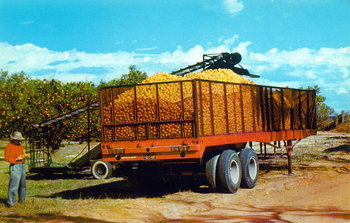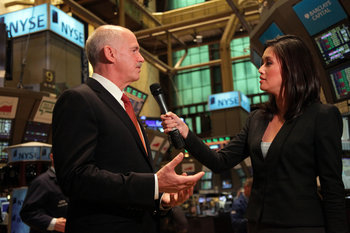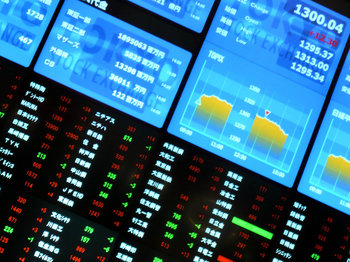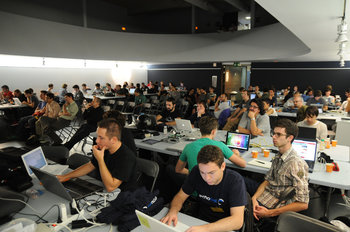|
| |
Creative destruction is a concept in economics whereby periods of economic crisis bring long term gains in the economy as weak firms are replaced with stronger, more competitive firms. The idea is also associated with innovation and its destruction of old industries. For example, driverless cars have the potential to cause disruption to the automotive industry and result in the loss of entire professions such as truck driver and taxi driver.A new innovation can reduce employment and cause a period of instability and insecurity. With time, labor is redeployed into productive pursuits and the innovation adds value to the economy on a long term basis by creating efficiencies.The idea of creative destruction originally stems from the works of Karl Marx and is associated with the idea that capitalism will eventually destroy itself leading to socialism. This original meaning is fading as it more commonly referred to as the turbulent process of innovation that doesn't threaten capitalism but strengths it over the long term.
|
Type | | Definition (1) | The idea that a financial crisis or recession can strengthen the economy in the long term if weak firms are allowed to go bankrupt and stronger firms emerge. | Definition (2) | The theory that innovation causes short term economic instability as industries are disrupted or completely replaced but that this process is beneficial in the long term. | Definition (3) | The idea that capitalism is bound to destroy itself leading to the creation of socialist systems. | Related Concepts | |
Next: Broken Window Fallacy
Economics
This is the complete list of articles we have written about economics.
If you enjoyed this page, please consider bookmarking Simplicable.
© 2010-2023 Simplicable. All Rights Reserved. Reproduction of materials found on this site, in any form, without explicit permission is prohibited.
View credits & copyrights or citation information for this page.
|































